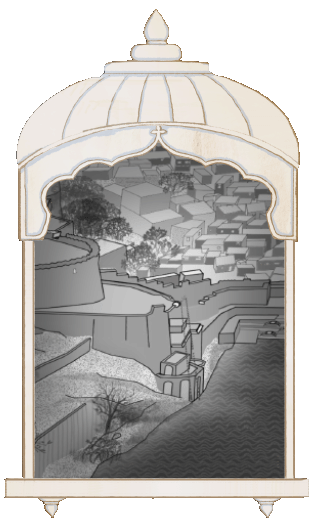About Jal Jharokha
Jal Jharokha is a collaborative project of the Mehrangarh Museum Trust and the Living Waters Museum to visualize stories of Water Heritage from Mehrangarh Fort and the Old City of Jodhpur. A search for water wisdom, the Jal Jharokha project engaged communities, especially youth, to explore the interplay of absence and abundance over the desert landscapes of Jodhpur. The idea of this virtual exhibition emerged during the long COVID-19 lockdowns in August 2021 which was followed by fieldwork, many rich collaborations, an onsite field workshop in December 2021 and in the end taking the form of a virtual exhibition which was launched in April 2023. The eight stories in the virtual exhibition have a geographical focus which is limited to Mehrangarh Fort and its adjacent area of the historic city also known as the Old City of Jodhpur. However, towards the end of the project, the curatorial team believed that much more could be explored within and beyond the existing scope and hence this exhibition marks only the beginning of this body of work to visualize water heritage stories from Jodhpur and Rajasthan.
About Mehrangarh Museum Trust
Mehrangarh Museum Trust is India's leading cultural institution and a Centre of Excellence, established in 1972 by the 36th Custodian of Marwar-Jodhpur, H. H. Maharaja Gaj Singh II to make the Fort come alive for visitors. Today, the Mehrangarh Museum has a unique importance as a repository of the artistic and cultural history of the large area of central Rajasthan, Marwar-Jodhpur, ruled by the Rathore dynasty. Apart from the Museum, the Trust is at the forefront of conservation and restoration, a generous patron of the arts and music and a lively centre of academic study.
Mehrangarh Museum Trust Team
 Krishna Shekhawat
Krishna Shekhawat
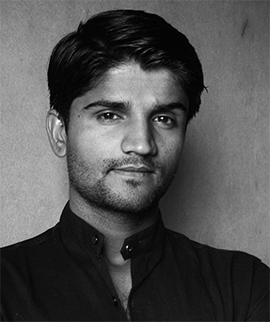 Bhawani Begad
Bhawani Begad
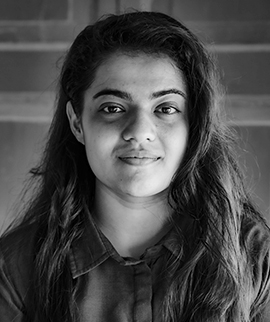 Niharika Pareek
Niharika Pareek
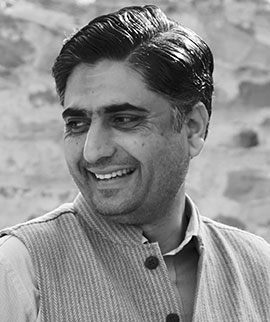 Late Karni Jasol
Late Karni Jasol
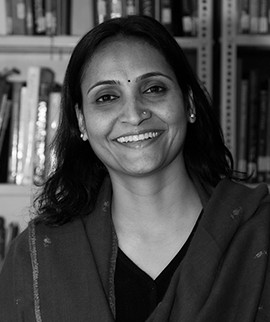 Dr. Sunayana Rathore
Dr. Sunayana Rathore
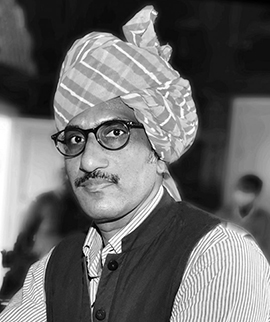 Dr. Mahendrasinh Tanwar
Dr. Mahendrasinh Tanwar
About Living Waters Museum
Established in 2017, Living Waters Museum is a digital museum which engages youth in visualizing water heritage and re-imagining sustainable, inclusive and equitable water futures. Through the power of storytelling and technology, we seek to celebrate our water wisdom, inspire youth to look at water from an interdisciplinary perspective and co-build a digital repository as a source of learning for the future. We are based at the Centre for Water Research at the Indian Institute of Science Education and Research (IISER), Pune and are a founding member of the Global Network of Water Museums, endorsed by UNESCO's International Hydrology Program in 2018.
Living Waters Museum Team
 Bhargav Padhiyar
Bhargav Padhiyar
 Dr. Chhavi Mathur
Dr. Chhavi Mathur
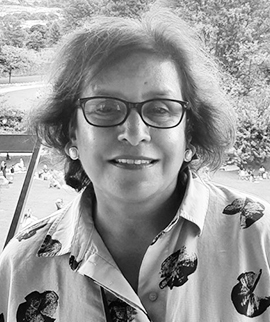 Dr. Sara Ahmed
Dr. Sara Ahmed
Project Advisors
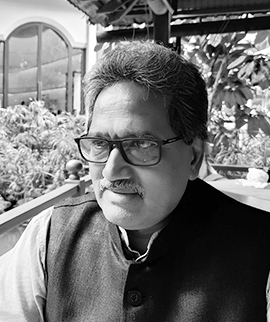
"The historic city of Jodhpur lies on the eastern edge of the Thar Desert with no perineal river anywhere close by and lowest annual rainfall. Jodhpur thrived on monsoon-driven water harvested from its local catchments into a multitude of lakes, tanks, wells, bawaris, jhalaras and taankas. A highly efficient indigenous system of collection, storage and access. With the advent of piped water supply sourced from remote locations, the rich heritage of water was abandoned and got reduced to ruins. Amidst the growing challenge of deepening water crisis, it has become imperative to revive and iterate the indigenous water systems. Museums are apt for re-visiting the water heritage of the country and inspire communities to restore their ancient water systems to achieve fresh-water sufficiency."
Ar. Anu MridulArchitect
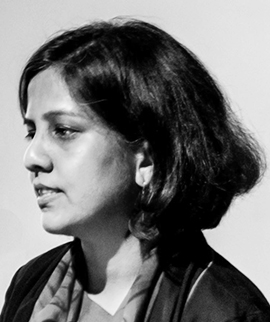
"The erasing from public memory, the spatiality of water, has eroded fundamental relationships between society, environment, and other aspects of human endeavour as historic systems languish while modern water infrastructure is concealed, hidden and devoid of any human interaction. My research on the water structures of Jodhpur has shown them to be thoughtful and strategic interventions in the urban landscape which have also provided beautiful public spaces. The book, Spatial Ecology of Water, demonstrates the relation between design and infrastructure that integrates structural stability with socio-cultural requirements, strategic connections with other water structures and the hydrogeology of the region, a tremendously valuable knowledge system and infrastructure that needs to be conserved and integrated into our present urban life."
Dr. Meghal AryaFaculty of Archicture, CEPT University | Arya Architects | AADI Center
Jal Jharokha Workshop
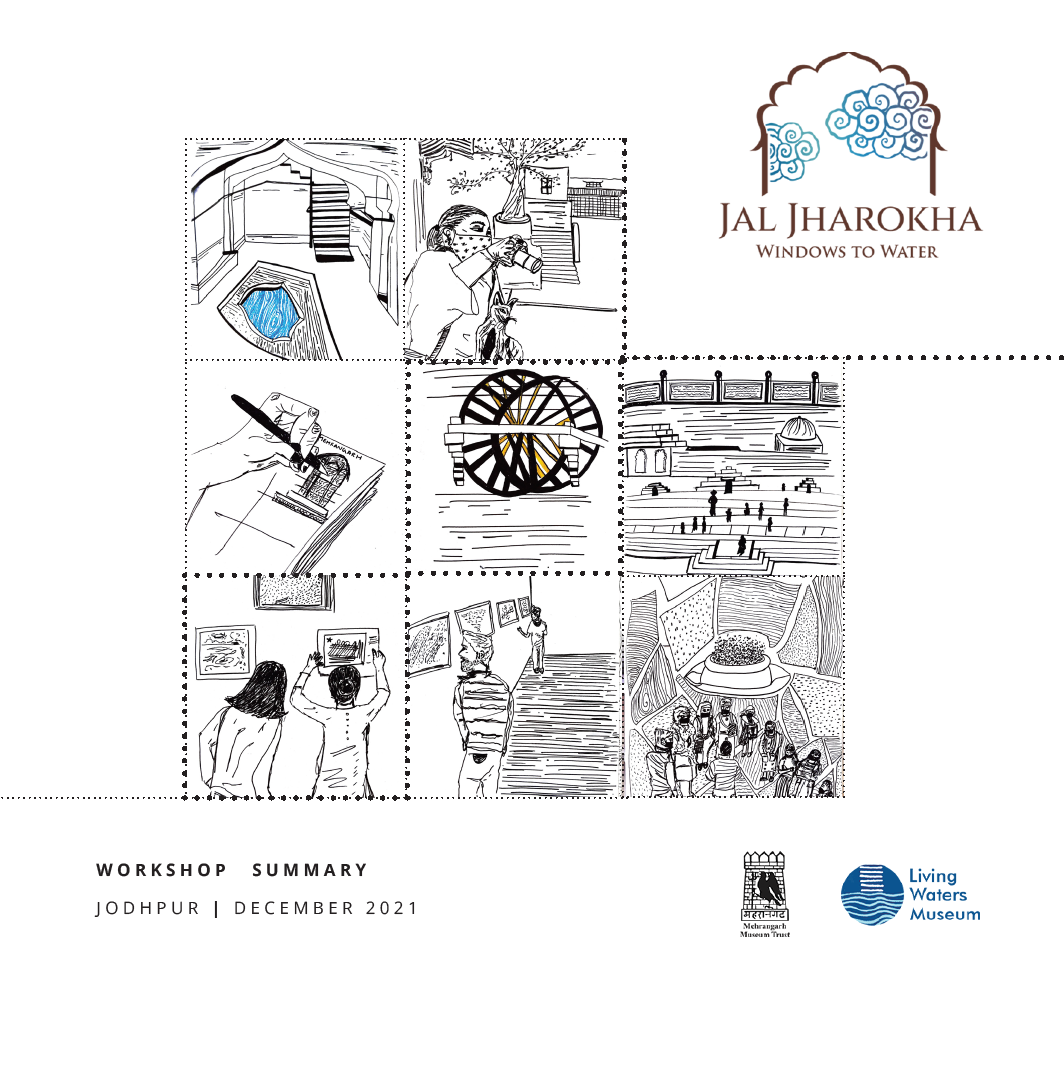
For complete information about workshop activities check out the workshop documentation report here.
Collaborators
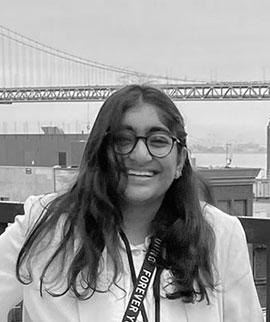 Ashna Shah
Ashna Shah
 Bhavik Mehta
Bhavik Mehta
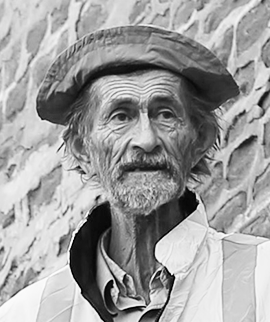 Caron Rawnsley
Caron Rawnsley
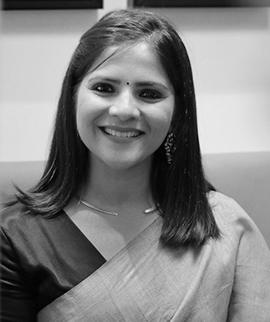 Nishita Kedia
Nishita Kedia
 Piyush Pandya
Piyush Pandya
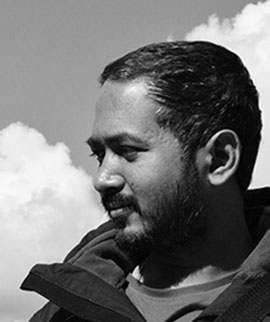 Raja Biswas
Raja Biswas
 Somya Parikh
Somya Parikh
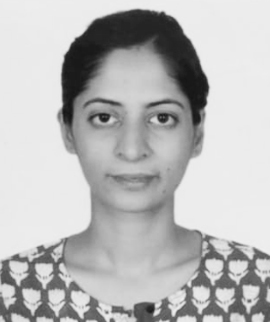 Tarini Kumari
Tarini Kumari
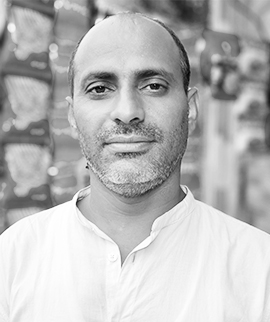 Vagaram Chowdhary
Vagaram Chowdhary
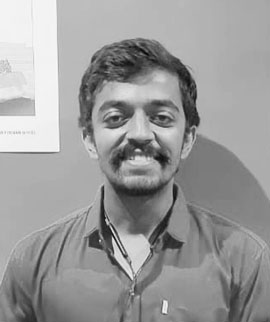 Yash Panwar
Yash Panwar

